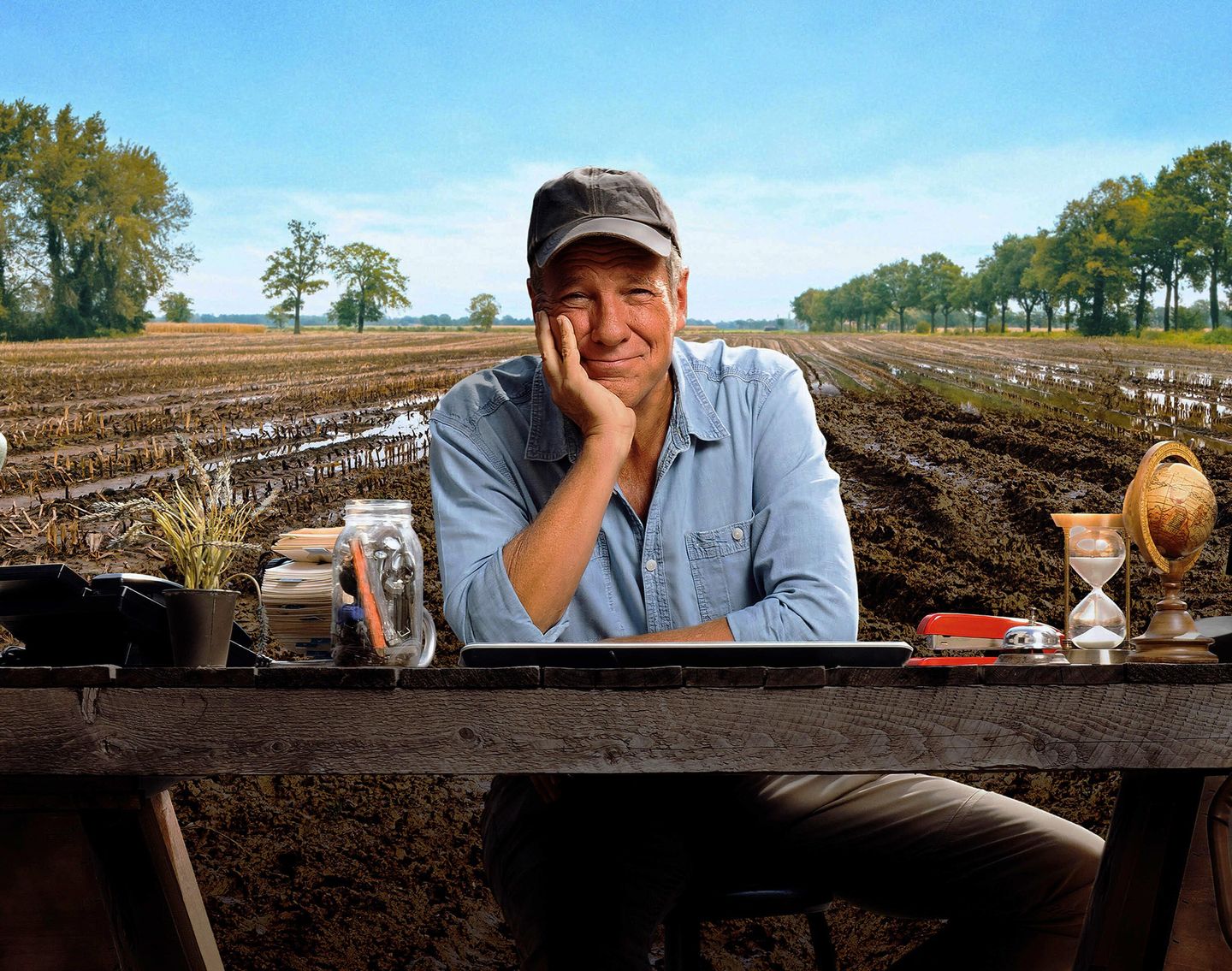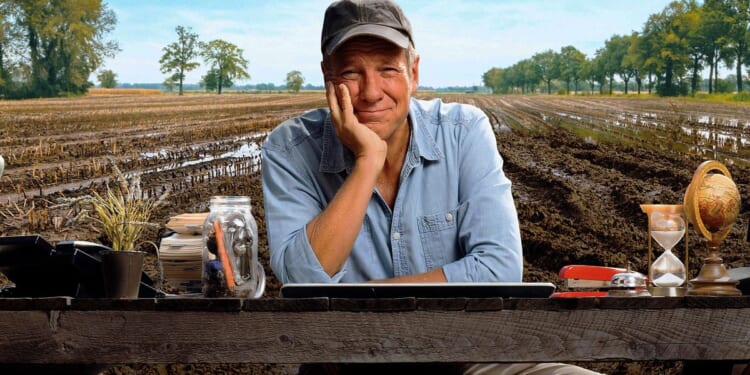
Finish high school, graduate college, get a job.
It’s the life plan that has been preached to generations ever since a college degree became a must-have commodity for a better life and financial success. But as college tuition costs continue to rise at astronomical rates and job expectations plummet for recent graduates, skilled labor advocate and beloved TV personality, Mike Rowe, is celebrating an increasing numbers of young people seeking out trade school educations and job security through so-called “blue collar” jobs.
Subscribe to have The Washington Times’ Higher Ground delivered to your inbox every Sunday.
“Look, the idea that the generation that has become the biggest target for entitlements and a lack of work ethic…These guys are an easy target — the snowflakes essentially,” Mr. Rowe said in a recent interview. “But look, I’ve said this to you before, we’re the clouds from which the snowflakes fell, and whatever you want to say about Gen Z, they will be the next toolbelt generation because the evidence demands a verdict.”
The former “Dirty Jobs” host cited soaring tuition costs at popular four-year universities as one of the key reasons that students are choosing a different path. After all, most students cannot afford to spend to spend tens of thousands of dollars to be saddled with a lifetime of debt due to poor job prospects. In fact, a report earlier this year found that 52% of recent college grads were working in fast food, retail and other ‘underemployed’ jobs.
SEE ALSO: Q&A: Why some collegss are offering 3-year bachelor degree programs
“They’re seeing all the craziness that’s constantly in the headlines, and they’re just saying, ‘Look, why do I want to start a career in a major I haven’t even declared yet and go that far into debt to pursue a job that probably doesn’t even exist when we got 10,000 other jobs over here, many of which… don’t require four-year degrees?’” Mr. Rowe explained.
Indeed, what is a college degree if not a means to get a well-paying job after graduation? In a nationwide survey released last year by the Washington, D.C.-based education consulting firm EAB, 42% of high school students cited “successful job placement upon graduation” as the top indicator of value in terms of going to college. If that value is no longer available, then what’s the point?
“So look, plumbers are not going to be outsourced,” Mr. Rowe said. “Electricians, steam fitters, pipe fitters — the people my foundation tries to assist — have a level of job security… and it’s a big deal… because those jobs have always been here for the last 20 years. As long as I’ve been doing this, right? They’ve been open, and it’s starting to tip. We’re literally like turning a tanker around with regard to perceptions.”
In 2008, Mr. Rowe launched the mikeroweWORKS Foundation to help promote skilled work labor, those “dirty jobs” that required hands-on, hard work where people could make a solid living. Each year, the foundation gives out hundreds of thousands of dollars in scholarships to young people attending trade schools to get trained for skilled jobs that are in demand.
Now, with the skills gap pushed to the brink and student loan debt at more than $1.5 trillion, Mr. Rows says it’s time for higher education to do its part to ensure that the next generation is getting an education they can put to use — both for the sake of students and for the industries that are in desperate need of skilled workers.
“We’re going to need creative solutions, and it does go back to the blending of collars, like, what exactly is a chip maker? Is that a white-collar job or a blue-collar job? You need to be wired like an engineer, but you need to be willing and able to work with your hands, right?” Mr. Rowe concluded. “I think the real solutions are going to come—as they always have—from people who are right up against something like desperation.”
—
Marissa Mayer is a writer and editor with more than 10 years of professional experience. Her work has been featured in Christian Post, The Daily Signal, and Intellectual Takeout. Mayer has a B.A. in English with an emphasis in Creative Writing from Arizona State University.

